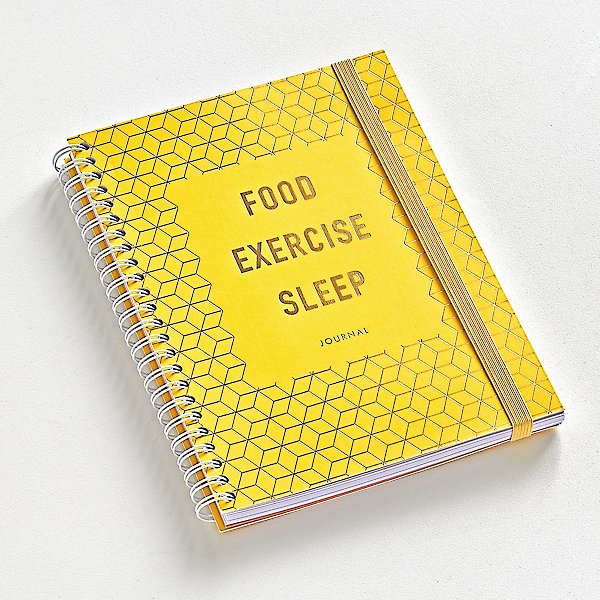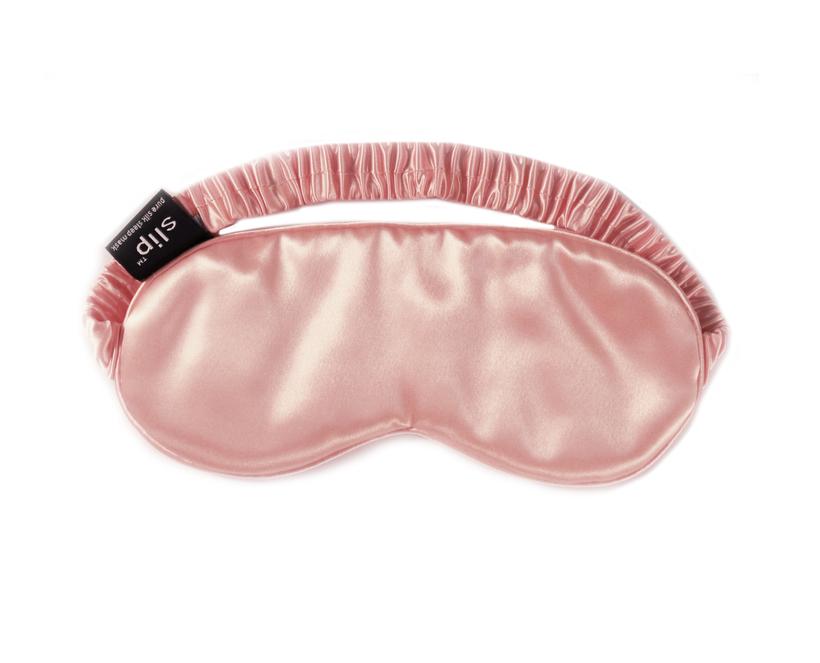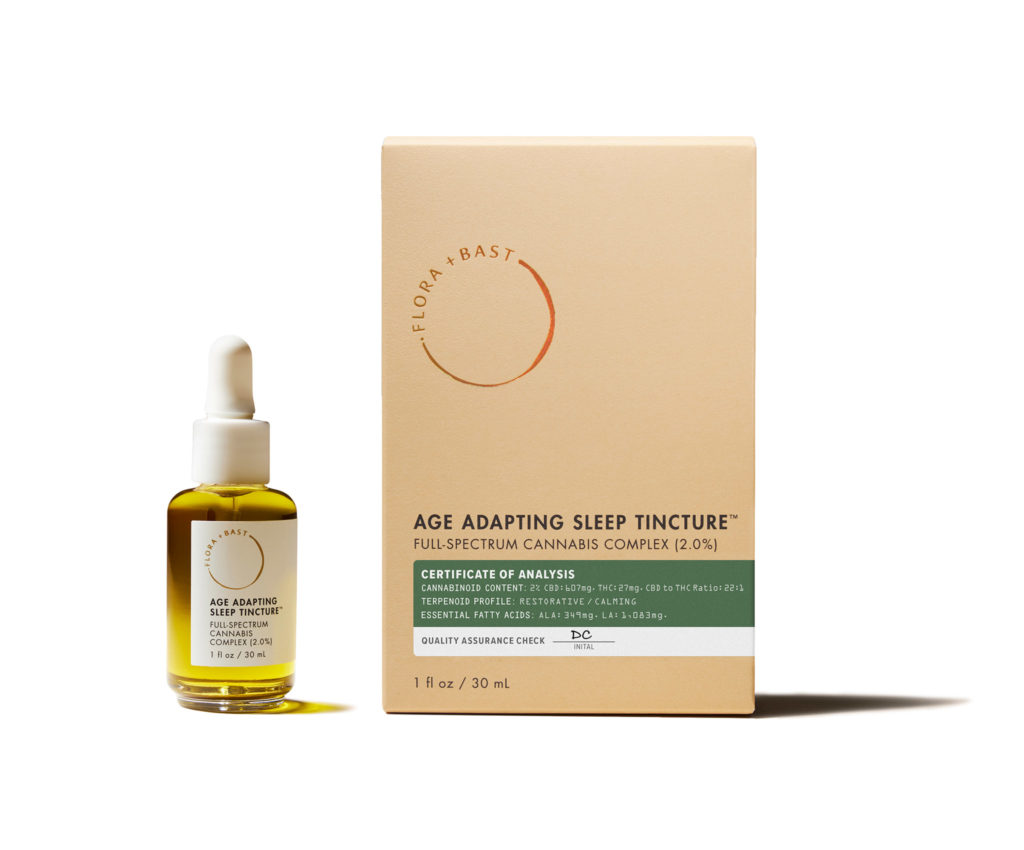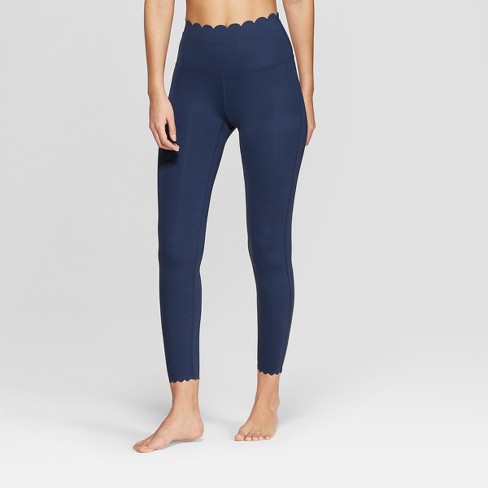Here's How to Stop Hitting the Snooze Button Once and for All

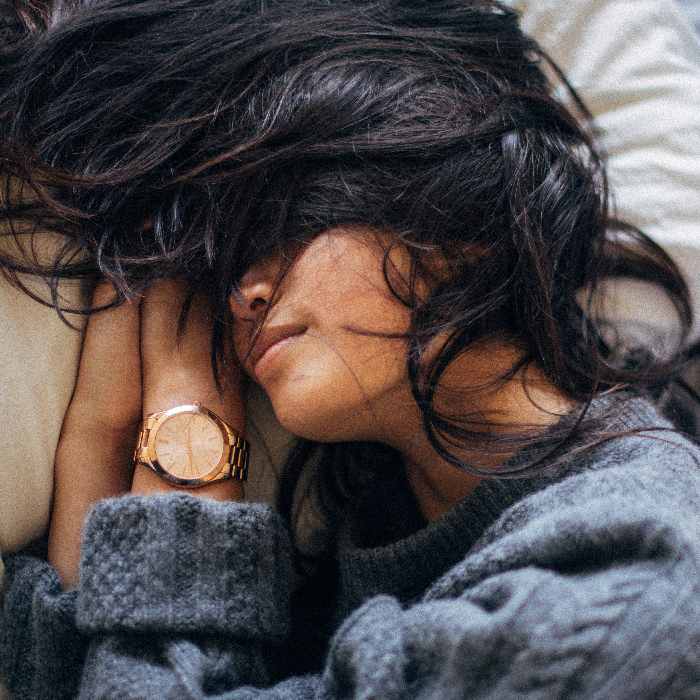
Most people in the world identify as either a night owl or an early bird, but I'm one of the poor suckers who identifies as round-the-clock sleepy. It doesn't matter when I go to sleep—whether it's 9 p.m. or 1 a.m., my body simply does not want to wake up before 10 the next morning. But I also have a job and two cats and about a thousand side hustles, so long story short, setting alarms and hitting snooze is a vicious cycle I'm intimately familiar with.
According to a 2017 study from Sleep Junkie, I'm hardly alone. The survey found that over 53% of people feel "dreadful" when they hear their morning alarm go off, about 27% feel "anxious," and only 0.3% feel "awake." Most people hit snooze at least once, the study says, and between 5% and 7% of people hit it three times or more (me!), though interestingly, Baby Boomers are more likely to keep slapping that snooze button than millennials. I guess call me an old soul?
Sleep experts agree that hitting snooze is not the healthiest practice. You don't actually get any restorative sleep between alarms; in fact, more often than not, the anxiety of missing your next one will start your day off even worse than if you just got up 20 minutes early when those unholy beeps first went off.
"Sleeping at least seven to nine hours the night before is a proven way to wake up happier; however, this takes planning ahead," says psychologist Wyatt Fisher, PhD. To get you (and me) to wake up better and stop hitting snooze, we put together this list of sleep health tips. Keep scrolling to kill your snooze habit once and for all.
1. Don't eat right before bed.
Eating right before bed is a problem for three reasons: It can screw with your digestion or cause acid reflux, which can be super uncomfortable. If you're eating sugary or fatty food, it can keep you awake, and you won't wake up as hungry. You actually want to wake up feeling a little bit hungry; hunger is an amazing natural alarm clock.
So make it a habit to have your last meal (ideally a high-protein one) approximately two hours before you go to sleep and see if that helps with your snooze habit.
2. Keep your room dark, cool, and silent.
This is how we trigger our mind to fall asleep faster (and when the sun comes up, wake up more naturally).
"Your body produces the sleep-inducing melatonin hormone when it gets dark, a compound called adenosine kicks into overdrive, and your body's core temperature actually drops to initiate sleep. If your room, sheets, or pajamas are too warm, this can block or delay some triggers to fall asleep," explains Rachel Wong, OSOsleep research expert. Try lowering your thermostat, cracking a window, or sticking one foot out from under the covers (yes, this old trick really works). You want to shoot for your room to be between 65 to 70 degrees Fahrenheit.
Keeping your room dark will also help you drift off faster—though, in the service of waking up naturally, blackout curtains are not the best idea (I know when I close my blackout curtains, I could sleep for 14 hours if someone let me). Instead, opt for a loose-fitting eye mask that will help you fall asleep but naturally fall from your eyes in the middle of the night so you can still wake up with the sun.
3. Avoid caffeine late in the day (and wine before bed).
As a general rule, coffee in the afternoon is not the move if you're trying to improve your sleep habits. "Even if you don't feel the familiar jolt of your first cup of joe when it's later in the day, caffeine still plays its sneaky tricks on your body's sleep process," says Wong. "Caffeine is a stimulant, which of course, is the opposite of what your body should be doing when it's time for bed." One study revealed that drinking caffeine even six hours before bed had major disruptive effects on sleep.
That said, wine before bed won't help either (despite prevailing folk wisdom). "Sure, wine does wonders to calm nerves and alleviate the day's stresses, but drinking it to help you fall asleep might actually make your sleep quality worse," says Wong. Studies have shown that while alcohol does help you fall asleep fast and sleep deeply (at first), it reduces REM sleep, which is what we actually need to restore and repair our bodies.
So, if you want to quit hitting snooze, try switching out your nightcap for a CBD tincture and chamomile tea.
4. Make sure you're getting enough exercise.
Wong says a lack of movement during the day can mess with your sleep cycle. Sleep and exercise are two good things for your body that become even better when they're combined, and they often build the other up," she says. When you exercise, your body naturally tires, and when you sleep, your body restores itself and enhances the positive results from exercise. One study found that exercise made participants spend more time in slow-wave sleep—the stage when you're consolidating memory and processing information. The better quality sleep you have, the more awake you'll feel when that first alarm goes off.
5. Plug in your phone on the other side of the room.
This dual-action approach will keep your device's pesky blue light from disturbing your sleep (and force you to actually get out of bed when your alarm goes off in the morning, so you can't hit snooze so easily).
As Wong explains, our phones emit wavelengths of light on the bluer light side of the spectrum (as opposed to natural light). This blue light negatively affects your levels of melatonin, so if you're used to cruising Instagram before bed, that could be contributing to your snooze habit.
Wong suggests either putting your phone on a nighttime setting, which gives off an orange glow. Or, for a more radical approach, charge your phone away from bed.
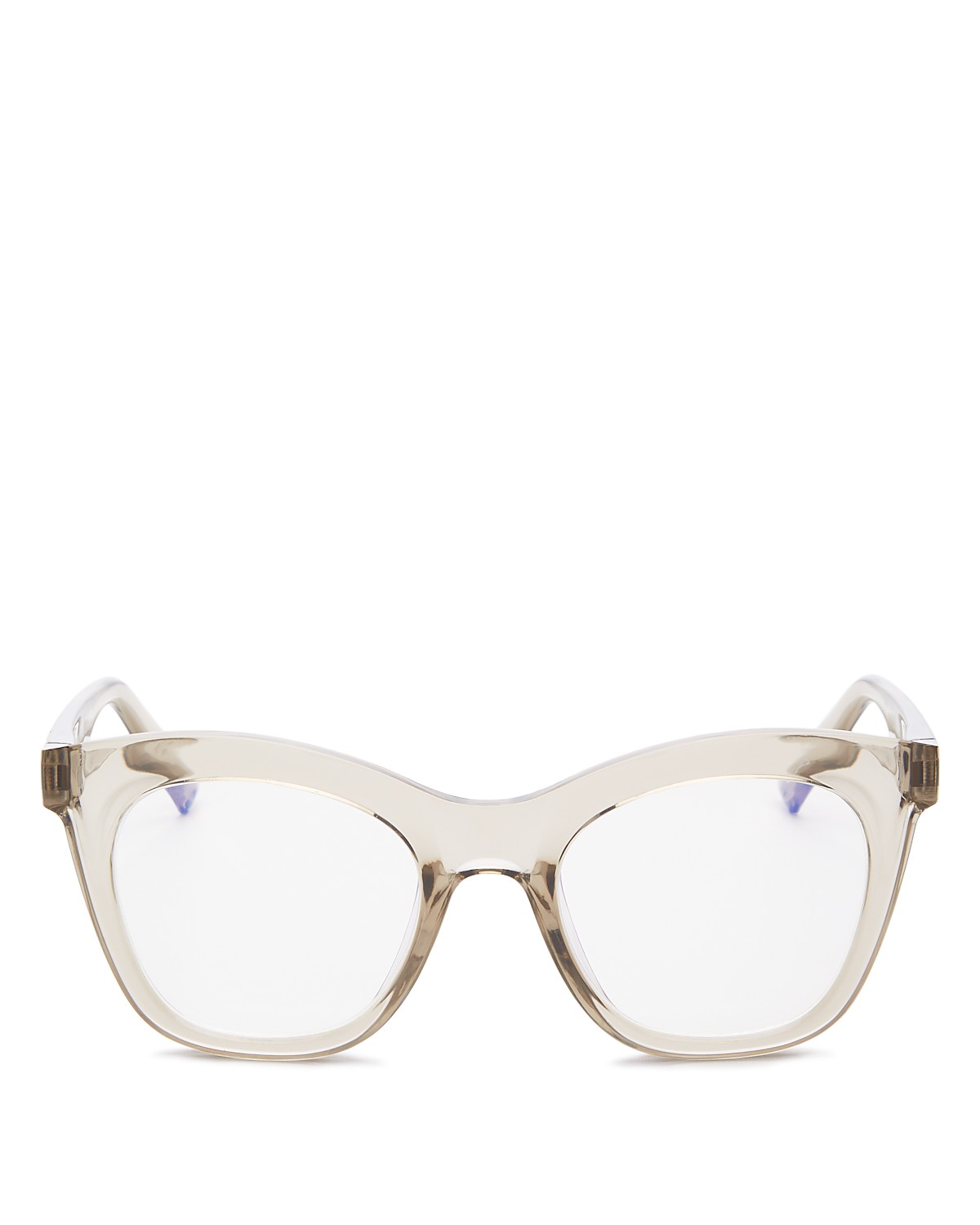
Next: Don't miss The Best Essential Oils for Sleep, According to Science
This article is provided for informational purposes only and is not intended to be used in the place of advice of your physician or other medical professionals. You should always consult with your doctor or healthcare provider first with any health-related questions.

Tie among Linda Rodin, Hari Nef, and David Bowie.
Who are your 5 favorite people to follow on Instagram?@petracollins @katiejanehughes @alwaysjudging @bonnyrebecca @hotdudesreading
What's the beauty essential you can’t live without?If I have some brow gel and Sisley's Phyto-Lip Twist, I'm good to go forever.
What's your desert island album?Death Cab for Cutie's Transatlanticism
What's your favorite Byrdie.com story?Game of Thrones's Nathalie Emmanuel looks so achingly beautiful in our feature with her that I think it's gonna have to be that!
